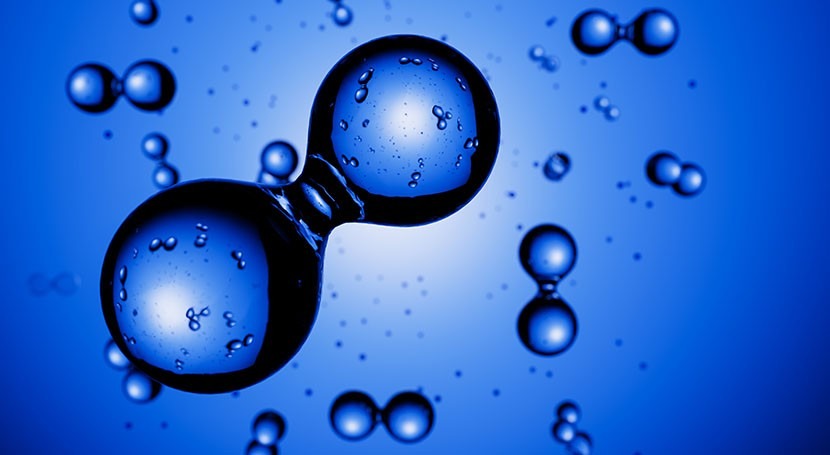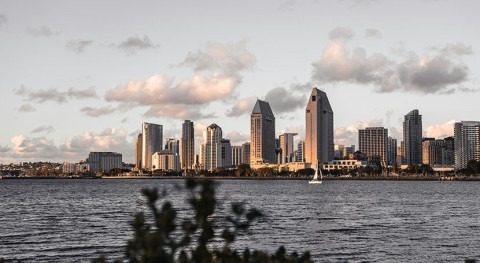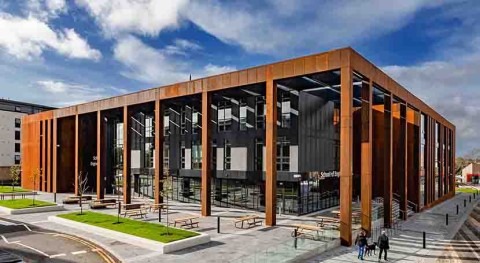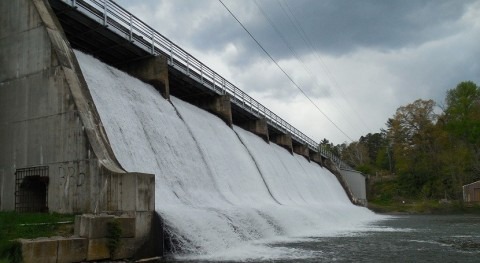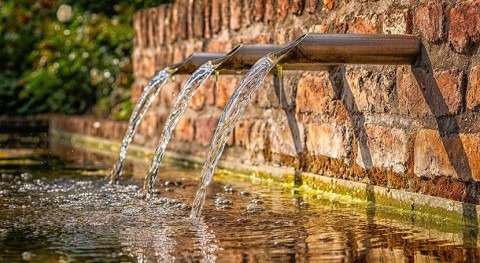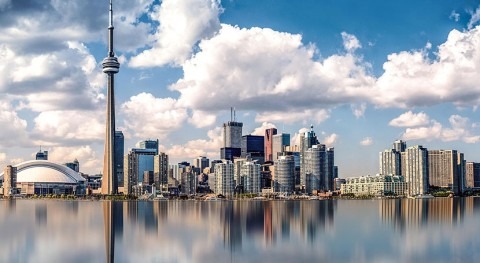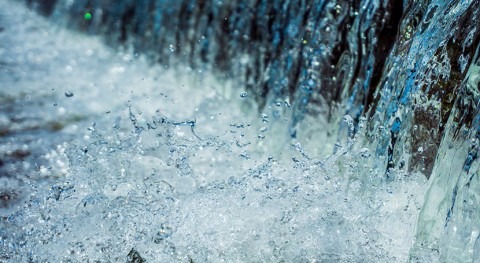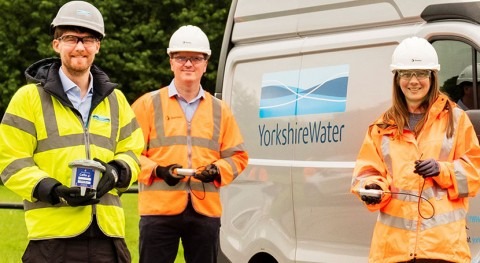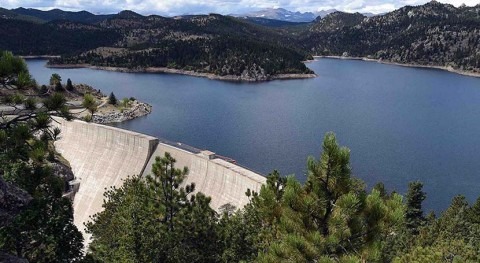A new project working group, led by UK Water Industry Research (UKWIR), is examining the relationship between hydrogen production, water availability, emerging technologies, and the role water utilities can play in the hydrogen value chain across the UK and Ireland.
Global leader in sustainable engineering and design, Stantec, is operating as the research contractor for the project, supported by consulting co-developer and bankability accelerator, Ikigai and Heriot Watt University. UKWIR is a collaborative research platform for the UK and Ireland water sector
The UK Hydrogen Strategy sets an ambition for 10GW of low carbon hydrogen production by 2030, which will contribute to its goal of net zero emissions by 2050. Whether blue or green hydrogen is used to achieve this governmental ambition, water will feature prominently.
This project will consider the feasibility of scaling hydrogen production in relation to water consumption, while exploring the impact in terms of resources. The project team will conduct a high-level work programme which reviews the latest technologies (utilising power and/or bioenergy as feedstocks) and ultimately provides guidance around optimal business models for water company engagement. The project aims to give timely support to water companies and other stakeholders from the water and energy sectors in reaching their carbon reduction ambitions.
The final report which will consolidate the outputs of the work programme is expected to be launched in Spring 2023. Stakeholders will then be invited to a technology transfer workshop to discuss the findings.
The project aims to give timely support to water companies and other stakeholders from the water and energy sectors in reaching their carbon reduction ambitions
Drew Brown, Stantec’s Project Manager – Water, commented: “Hydrogen presents some exciting opportunities for the market and will likely be a critical element of Britain’s low-carbon future. However, we need the integration of this resource to be commercially feasible and we must also better understand the available technology options and their impacts.”
“This important project could help tackle perceived constraints and identify areas where collaboration can support progress. We’re excited to deliver the results of this project along with the wider team, which will likely set the tone for hydrogen in the water industry for the next few years.”
Professor John Andresen at Heriot-Watt University stated “Availability to clean and affordable water is key for a net zero future. Our taskforce will identify hydrogen technologies that can deliver at-pace and scale for water companies and stakeholders within the value-chain. This will stimulate critical knowledge exchange that is pivotal for developing a prosperous low carbon hydrogen sector.”
Helena Anderson, Ikigai’s co-founder and project lead, commented: “We are excited to have the opportunity to consider how to use the wastewater industry’s core products – bioenergy and effluent - to optimise hydrogen production transactions, technically and financially, while reducing the environmental impact of such production.
“This thinking – which focuses on creation of value for all stakeholders and the interaction of the water sector with surrounding demand – is key to achieving the ambitious hydrogen production targets set by the UK Government, accelerating the deployment of the most efficient technologies and delivering better consumer value through new business models.”
Dan Green, of Wessex Water and UKWIR’s programme lead for its carbon ‘big question’ commented: “UK water companies are committed to achieving net zero carbon emissions and are keen to understand the degree to which we can be both producers and consumers of hydrogen from renewable sources. We are also aware that conventional hydrogen production requires a lot of clean water – so we want to quantify the potential impacts of larger scale hydrogen production on water resources.”


